






5-Star Valuation Services, Loved by Hundreds
Your Appraiser Search Ends Here
AppraiseItNow offers defensible personal property appraisals for any legal or tax need.


Easy & Fast Online Appraisal Process
Our unique model allows us to meet super tight deadlines for tax filings, court dates, internal company project timelines.

Industry-Leading Appraisal Speed
Our unique business model means that we always have a credentialed appraiser available to work on your project, and we can meet obscure and short deadlines for tax filings, court submissions, internal projects, and more. Even if that means preparing your appraisal within 24 hours!

Any Asset Covered
This means that we can appraise any type of item including furniture, artwork, jewelry, business inventory, machinery & equipment, cars, boats, and more!

Servicing Enterprises & Individuals
Our company services anyone from an individual with a single couch to an enterprise needing contents of multiple offices or warehouses appraised.

Defensible for Any Purpose
Frequently Asked
Questions
No Frequently Asked Questions Found.
The form captures a comprehensive range of assets, including both tangible and intangible property such as real estate, financial investments, business interests, cash holdings, and personal property. Its primary function is to calculate the gross estate value and identify any potential estate tax that may be owed based on the current federal exemption threshold.
Typically, the executor or personal representative of the deceased's estate is responsible for completing and filing Form 706. The filing becomes mandatory when the total estate value surpasses the current federal exemption limit, which can fluctuate annually based on current tax legislation.
The form itself is structured into multiple critical sections, each designed to provide a comprehensive financial overview. These include detailed reporting of gross estate value, allowable deductions such as outstanding debts and funeral expenses, precise tax computations, and documentation of any previous payments or available credits.
Importantly, Form 706 must be filed within nine months of the date of death, though extensions can be requested for filing purposes. While not every estate requires this filing, careful and accurate completion is essential to ensure proper tax compliance and avoid potential legal complications for estate beneficiaries.
Establishing a precise fair market value is paramount. The IRS requires an objective, professional evaluation of each asset at its value on the date of the decedent's death. This valuation becomes the cornerstone for calculating potential estate tax liabilities, ensuring transparency and accuracy in the reporting process.
Tax calculations demand meticulous attention to detail. Even slight variations in asset valuation can significantly impact the estate's tax burden. Undervaluing assets may trigger unexpected tax penalties, while overvaluation can unnecessarily strain the estate's financial resources. A comprehensive, professional appraisal minimizes these risks by providing a defensible and accurate assessment.
Legal protection is another crucial consideration. A professionally conducted appraisal creates a documented record that can preempt potential disputes among heirs, beneficiaries, or creditors. Should an IRS audit occur, this documentation serves as authoritative evidence, potentially shielding the estate from costly legal challenges.
Charitable contributions require equally rigorous valuation. When estates include philanthropic bequests, precise appraisals substantiate these donations for both IRS requirements and receiving organizations. This careful documentation can optimize tax considerations and ensure the donor's intentions are fully realized.
Asset distribution becomes more transparent with accurate valuations. An objective assessment provides a clear framework for equitable distribution among beneficiaries, reducing the potential for interpersonal conflicts during an already challenging time.
State-level regulations add another layer of complexity. Many states impose additional appraisal requirements that extend beyond federal mandates. Engaging professionals with comprehensive knowledge of both federal and state regulations ensures complete compliance across all jurisdictions.
Complex assets demand specialized expertise. Properties, businesses, unique collections, and other intricate holdings require nuanced evaluation. Qualified appraisers bring the necessary technical knowledge to accurately assess these specialized assets, providing a comprehensive and reliable valuation.
Ultimately, a professional appraisal for IRS Form 706 is more than a bureaucratic requirement. It represents a critical tool for responsible estate management, protecting the financial interests of both the estate and its beneficiaries while ensuring full compliance with regulatory standards.
The process involves a systematic approach that considers multiple critical factors. Appraisers carefully evaluate each piece of equipment, examining its technological specifications, current market conditions, physical condition, and potential functional utility. They analyze the equipment's age, technological relevance, operational status, and overall performance capabilities to generate an accurate valuation.
Key considerations during the appraisal include detailed documentation of the equipment's make, model, serial number, and maintenance history. Appraisers conduct thorough market research to understand current demand, technological trends, and comparable sales in the scientific equipment marketplace. They assess the equipment's condition through rigorous inspection, determining its operational integrity and potential remaining useful life.
Multiple valuation methodologies may be employed, including cost approach, sales comparison, and income-based strategies. These techniques allow for a comprehensive assessment that considers replacement costs, current market values, and potential revenue generation capabilities.
Professional lab equipment appraisals serve critical functions across various sectors, including research institutions, pharmaceutical companies, educational facilities, and biotechnology organizations. They provide essential insights for financial reporting, strategic planning, insurance documentation, and potential transaction considerations.
The true value of a professional appraisal lies not just in generating a number, but in offering a comprehensive understanding of scientific assets that supports informed decision-making and strategic asset management.
Appraisers can now collect detailed information through multiple digital channels, including high-resolution photographs, comprehensive documentation, and interactive video consultations. This approach is particularly advantageous for stationary or complex equipment that may be challenging to relocate or physically inspect.
Advanced digital methods allow professionals to thoroughly examine equipment specifications, condition, age, and market value with remarkable precision. Live video conferencing platforms enable real-time interactions, where appraisers can conduct detailed visual assessments and ask targeted questions about the equipment's history and functionality.
The digital appraisal process offers significant benefits for laboratories, research institutions, and businesses with equipment distributed across multiple locations. By minimizing logistical constraints, these online approaches provide flexibility, reduce assessment time, and maintain the highest standards of professional evaluation.
Qualified appraisers utilize sophisticated techniques to ensure accurate valuations that reflect current market conditions, technological relevance, and specific equipment characteristics. Their expertise guarantees a comprehensive and reliable assessment that meets professional industry standards.
General lab equipment appraisers maintain broad competencies, capable of evaluating diverse instruments ranging from basic microscopes to sophisticated analytical equipment. Their comprehensive understanding allows them to provide holistic assessments that consider technological complexity, market demand, and current operational condition.
Specialized appraisers delve into specific scientific domains, developing nuanced expertise in particular equipment categories. Medical diagnostics, biotechnology, pharmaceutical research, and industrial quality control represent key areas where these professionals demonstrate exceptional technical acumen. Their targeted knowledge enables precise valuations that account for intricate technological specifications and industry-specific performance standards.
Industrial and regulatory-focused appraisers bring additional layers of complexity to equipment assessment. They integrate deep understanding of compliance requirements, safety standards, and operational protocols into their valuation methodologies. For organizations operating in highly regulated environments, these professionals provide critical insights that extend beyond monetary value.
Forensic equipment appraisers occupy a unique niche, understanding the specialized requirements of investigative laboratories. Their assessments consider not just monetary value, but also critical factors like evidentiary integrity, precision instrumentation, and specialized technological capabilities.
Each appraiser type contributes distinctive perspectives, ensuring comprehensive and accurate equipment valuations that support strategic decision-making across scientific and industrial sectors.
Financial clarity stands as a primary benefit of professional equipment assessment. Precise valuations enable accurate financial reporting, support tax compliance, and provide critical documentation for insurance purposes. Organizations can optimize their asset management strategies by understanding the true market value and depreciation trajectory of their scientific instrumentation.
Equipment appraisals become particularly crucial during significant business transitions such as mergers, acquisitions, or strategic equipment sales. They offer an objective, professionally validated perspective on asset worth, facilitating transparent negotiations and informed decision-making. For research institutions and corporate laboratories, this means maintaining financial integrity while supporting strategic planning.
Insurance and risk management represent another vital consideration. Accurate equipment valuations ensure appropriate coverage levels, protecting organizations from potential underinsurance or unnecessary premium expenditures. In scenarios of loss or damage, a credible appraisal expedites claims processes and supports fair compensation.
Legal scenarios also benefit significantly from professional equipment assessments. Whether addressing estate planning, partnership dissolutions, or asset divisions, a meticulously documented appraisal provides an impartial benchmark for determining equipment value.
Beyond immediate financial implications, equipment appraisals offer strategic insights into technological infrastructure. They help organizations understand depreciation patterns, plan capital expenditures, and make informed decisions about equipment upgrades or replacements.
Ultimately, a comprehensive lab equipment appraisal transcends simple monetary evaluation. It represents a strategic tool that empowers organizations to make data-driven decisions, maintain financial transparency, and optimize their technological investments.
Understanding IRS Form 706 and Its Importance
IRS Form 706, also known as the United States Estate (and Generation-Skipping Transfer) Tax Return, is a crucial document for individuals with substantial assets. This form is typically required to report the value of an estate when the gross estate exceeds a certain threshold, which may vary depending on legislative changes. Accurate reporting is essential not only for tax compliance but also for maintaining transparency with the Internal Revenue Service during estate settlement processes. One aspect that can dramatically influence the reported value of an estate is the proper appraisal of lab equipment, which can include everything from analytical instruments to specialized machinery.
Understanding the value of lab equipment is vital for ensuring that an estate's financial worth is accurately represented on Form 706. A professional appraisal provides an objective valuation, which can help mitigate disputes among heirs or beneficiaries and can potentially reduce tax liabilities. Given the complexities involved in valuing specialized equipment, obtaining a comprehensive appraisal from a qualified expert is often recommended. This proactive approach can simplify the estate settlement process and safeguard against potential penalties from incorrect valuations.
What Is a Lab Equipment Appraisal?
A lab equipment appraisal is a professional evaluation of laboratory instruments and devices to determine their fair market value, particularly in the context of IRS Form 706, which is used for estate tax purposes. This type of appraisal is crucial for accurately reporting the value of a deceased person's estate, as lab equipment can represent a significant asset, especially in scientific, medical, and research sectors. The appraisal process involves assessing the condition, age, and functionality of the equipment, as well as considering other market factors that can influence its value, such as recent sales of similar items and current demand within the industry.
Lab equipment appraisals require expertise in both the technical aspects of the equipment and an understanding of the specific market dynamics. Qualified appraisers utilize their industry knowledge and experience to generate fair and accurate valuations tailored to IRS requirements. This ensures compliance while providing a clear and justified presentation of value for estate settlements, which can ultimately aid beneficiaries and help avoid potential disputes or complications during the estate administration process.
Why Are Lab Equipment Appraisals Necessary for IRS Form 706?
Lab equipment appraisals are essential for accurately determining the fair market value of assets at the time of an individual's passing. When filing IRS Form 706, which is required for estates exceeding a certain value, providing precise valuations is crucial for compliance with tax regulations. Often, lab equipment represents a significant portion of an estate's overall worth, making it necessary to appraise these assets to avoid potential penalties or disputes with the IRS.
In addition to tax compliance, having a reliable appraisal of lab equipment helps in asset distribution among heirs or beneficiaries. A well-documented appraisal establishes a clear basis for the division of property, reducing the risk of disagreements among heirs and ensuring that each party receives their fair share. Furthermore, it can also assist in determining whether certain items might be better utilized in other capacities, such as donation or sale, to maximize the estate's value.
Finally, the nuances of lab equipment—such as varying condition levels, technological advancements, and market demand—underscore the importance of hiring qualified appraisers with expertise in this specialized area. They can provide insights into not just current valuations, but also trends that could affect future worth. By investing in a thorough appraisal, estate representatives can secure both compliance and the optimal value of lab assets, safeguarding the integrity of the estate's financial standing.
Key Factors Influencing the Value of Lab Equipment
When appraising lab equipment for IRS Form 706, several key factors significantly influence its value. The type of equipment, whether it's analytical, diagnostic, or research-focused, plays a foundational role in determining worth. Each category may have different demand levels and market trends, which can cause variations in appraised values. Additionally, the equipment's age, condition, and functionality are crucial, as newer and well-maintained items typically command higher prices.
Another important factor is the original cost and any supplementary investments made into the equipment. Laboratory apparatus often requires calibration, servicing, or even upgrades over time, which can affect overall value. Moreover, the provenance of the equipment, including its prior usage and maintenance history, can provide context that enhances or diminishes its marketability. Equipment previously utilized in cutting-edge research may hold a premium compared to similar items with less distinguished backgrounds.
Market demand and competition also play vital roles in the valuation process of lab equipment. As scientific advances proceed rapidly, the need for certain types of lab tools can fluctuate, affecting market pricing. When demand outpaces supply, even used equipment can see significant appreciation in value. This dynamic environment necessitates careful consideration of both current market trends and future projections to achieve an accurate appraisal for IRS documentation.
Types of Lab Equipment That May Require Appraisal
Lab equipment encompasses a wide array of tools and instruments used across various scientific disciplines, including chemistry, biology, and physics. Common types of laboratory equipment that may require appraisal include analytical balances, centrifuges, chromatography systems, and spectrophotometers. Each type of equipment can have differing values based on its age, condition, and market demand, making accurate appraisal essential for proper documentation on IRS Form 706.
In addition to standard laboratory tools, specialized equipment such as electron microscopes, mass spectrometers, and incubators may also need to be appraised. These items can represent substantial investments for research institutions or private laboratories, and their value can fluctuate with advancements in technology or changes in regulatory standards. Understanding the specific characteristics and capabilities of each piece of equipment can aid appraisers in determining its fair market value.
Furthermore, lab equipment appraisal must account for factors such as calibration status, service history, and any proprietary technology incorporated into the equipment. Certain instruments may even have unique features that distinguish them from others in the market, further influencing their worth. As a result, obtaining a detailed appraisal from a qualified professional is crucial for compliance with IRS regulations and ensuring accurate asset reporting.
The Appraisal Process: Steps Involved
The appraisal process for lab equipment, especially in the context of IRS Form 706, begins with selecting a qualified appraiser who understands both the specific type of equipment and the regulatory requirements. The appraiser will gather relevant information about the equipment, including its make, model, age, condition, and market demand. Understanding these factors is crucial as they influence the equipment's fair market value, which must be accurately reported for tax purposes.
Once the initial information is collected, the appraiser conducts a thorough inspection of the equipment. This step may involve evaluating the equipment's functionality, reviewing maintenance records, and analyzing any modifications or upgrades that may enhance its value. By observing the equipment's condition firsthand, the appraiser can provide a more accurate valuation that reflects both its physical state and current market trends.
After completing the inspection, the appraiser compiles a detailed report that outlines their findings and provides an estimated fair market value. This report should adhere to the Uniform Standards of Professional Appraisal Practice (USPAP), ensuring it meets the necessary standards for IRS submission. The resulting appraisal serves not only as a critical document for IRS Form 706 but also as a valuable reference for estate planning and potential future transactions involving the lab equipment.
Selecting a Qualified Appraiser for Lab Equipment
Selecting a qualified appraiser for lab equipment is crucial for ensuring that the valuation meets IRS requirements under Form 706. An experienced appraiser should possess a deep understanding of the unique characteristics of lab equipment, including its functionality, condition, and market demand. Furthermore, the appraiser should have experience specifically related to the scientific and medical industries, as this knowledge is essential to accurately assess the worth of various types of lab equipment.
When evaluating potential appraisers, consider their qualifications, certifications, and experience in lab equipment valuation. Look for appraisers who hold professional designations from reputable appraisal organizations, as these credentials often indicate a high level of expertise and ethical standards. Additionally, a strong track record involving similar types of appraisals can provide assurance that the appraiser can deliver a comprehensive and reliable report.
Communication is another key factor when selecting an appraiser for lab equipment. A qualified appraiser should be able to explain their valuation process clearly and respond to any questions or concerns you may have. Ensuring that the appraiser is accessible and transparent not only fosters a collaborative environment but also helps to instill confidence that the appraisal will be handled with professionalism and accuracy.
Common Methods of Valuation for Lab Equipment
When it comes to valuing lab equipment for IRS Form 706, several common methods can be employed to ensure an accurate appraisal. One widely used approach is the cost approach, which estimates the value of the equipment based on its replacement cost, minus any depreciation. This method takes into account the current market conditions and the specific condition of the equipment, making it particularly useful for specialized lab devices that may not have an active resale market.
Another method is the market approach, which involves comparing the lab equipment in question to similar items that have recently sold in the market. This valuation technique is beneficial for widely-used or generic equipment, as it leverages data from actual sales to derive a more realistic value. Additionally, the income approach can also be considered, especially for equipment that generates revenue; this method calculates the present value of future cash flows that the equipment is expected to produce, offering a unique perspective for appraisals in revenue-generating lab environments.
Documentation Needed for Lab Equipment Appraisals
When preparing for a lab equipment appraisal, comprehensive documentation is essential to ensure an accurate evaluation. Start by gathering the equipment's original purchase invoices, which provide insight into the initial cost and specifications. Additionally, any service records, maintenance logs, and calibration certificates are valuable, as they demonstrate the equipment’s condition and operational history, directly impacting its value for the appraisal process.
Another key piece of documentation includes photographs of the equipment in its current state, showcasing any signs of wear, tear, or upgrades. Detailed descriptions of each item, including make, model, year of manufacture, and any modifications, should also be compiled to support the appraiser’s understanding. This holistic view aids appraisers in assessing the current market demand and depreciation factors associated with the equipment.
Lastly, it can be beneficial to include any relevant industry certifications or compliance documents that the equipment meets. Such information may enhance the appraisal value, particularly if the equipment fulfills current regulatory standards or industry best practices. Overall, a thorough collection of these documents not only streamlines the appraisal process but also helps ensure a precise valuation critical for IRS Form 706 requirements.
Tax Implications and Reporting Requirements
Understanding the tax implications and reporting requirements for lab equipment appraisals under IRS Form 706 is crucial for both personal representatives and beneficiaries. Form 706, the United States Estate (and Generation-Skipping Transfer) Tax Return, is used to report an estate's value, which includes not just real estate and personal property but also tangible assets such as lab equipment. The IRS requires accurate appraisals to ensure the fair market value is reported, directly impacting the overall tax liability of the estate. Failure to provide legitimate valuations can result in penalties or an increased tax burden for the estate.
When conducting an appraisal for IRS Form 706, specific standards must be met to comply with IRS regulations, including the use of qualified appraisers who understand the nuances of lab equipment valuation. This process involves not only assessing the equipment's current condition but also its functional capacity, potential obsolescence, and market demand. A thorough appraisal report will document the findings and methodologies used, ensuring transparency and completeness in the valuation process. Establishing a clear value for lab equipment is vital as it directly affects the distribution of assets among heirs and can influence decisions regarding taxes owed.
Once the valuation is established, the information must be accurately reported on Form 706, reflecting the respective values of all assets, including lab equipment. This can lead to complexities, especially if the equipment has specialized functions or historical significance, which may require additional documentation or expert opinions. Proper reporting ensures compliance with IRS requirements and helps prevent disputes among heirs or potential audits. Ultimately, understanding these tax implications and adhering to reporting requirements can foster smoother estate settlements and preserve the value of inherited assets.
Challenges and Considerations in Lab Equipment Appraisals
Lab equipment appraisals present unique challenges and considerations, particularly due to the specialized nature of the items involved. Many pieces of lab equipment are subject to rapid technological advancements, which can considerably affect their market value and usability. Additionally, the wide range of equipment types, from simple lab tools to complex machinery, necessitates a nuanced understanding of each item’s specific purpose and application in order to arrive at an accurate valuation.
Another challenge lies in the condition and maintenance history of the equipment. Appraisers must consider factors such as wear and tear, calibration status, and any updates or modifications that may impact the machine's current market value. Moreover, the availability of comparable sales data can be limited for niche pieces of lab equipment, making it essential for appraisers to rely on their industry knowledge and expertise in order to provide a fair valuation.
Transient markets for specialized equipment, influenced by factors such as supply chain issues or changes in research funding, can further complicate appraisals. Fluctuations in demand during different economic conditions may also pose difficulties for appraisers aiming to establish a reliable value. Therefore, it is crucial for those conducting lab equipment appraisals to stay informed about market trends and technological developments in the field to ensure accurate assessments for IRS Form 706 and other valuation purposes.
Resources for Further Information on Lab Equipment Appraisals
Understanding the intricacies of lab equipment appraisals can significantly enhance your knowledge about their importance, particularly for IRS Form 706 compliance. Various resources are available to provide insights on valuation methods, market trends, and industry standards. By exploring dedicated appraisal industry websites, academic journals, and professional organizations, you can gain a comprehensive perspective on how lab equipment is valued for estate tax purposes.
Moreover, engaging with professional appraisers who specialize in lab equipment can be invaluable. Many of them offer workshops, webinars, and training sessions that focus specifically on the appraising process and the requirements of IRS Form 706. These educational avenues not only clarify the appraisal process but also help you stay updated with changes in regulations and best practices within the industry.
Additionally, online forums and communities can serve as a great resource for sharing experiences and gaining knowledge from peers. Participating in discussions about lab equipment appraisals may reveal practical tips and insights that can aid you in understanding the nuances of valuation. By leveraging a combination of these resources, you will be better equipped to navigate the complexities of lab equipment appraisals and ensure compliance with the IRS.
View all Locations
APPRAISEITNOW APPRAISERS ARE BEST-IN-CLASS & CREDENTIALED BY LEADING APPRAISAL ORGANIZATIONS LIKE THE ISA, ASA, & MORE.






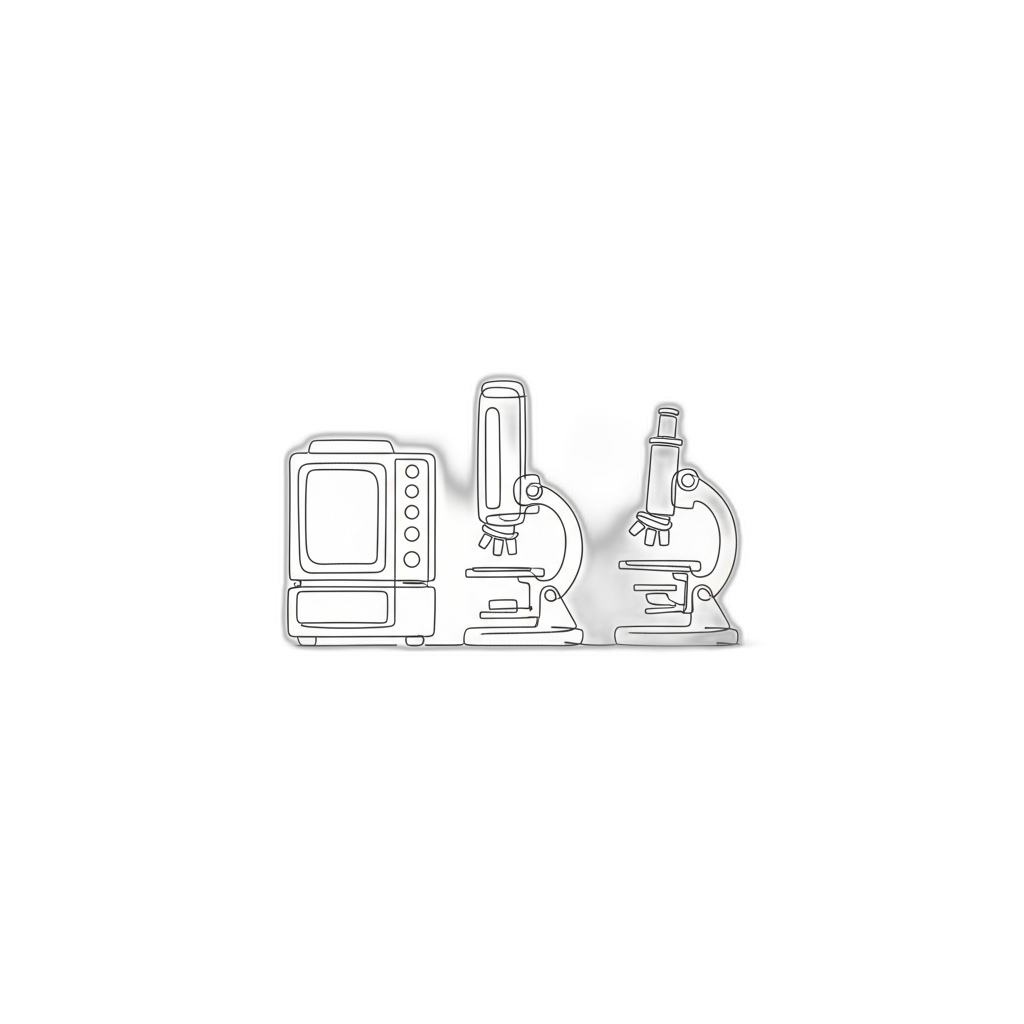

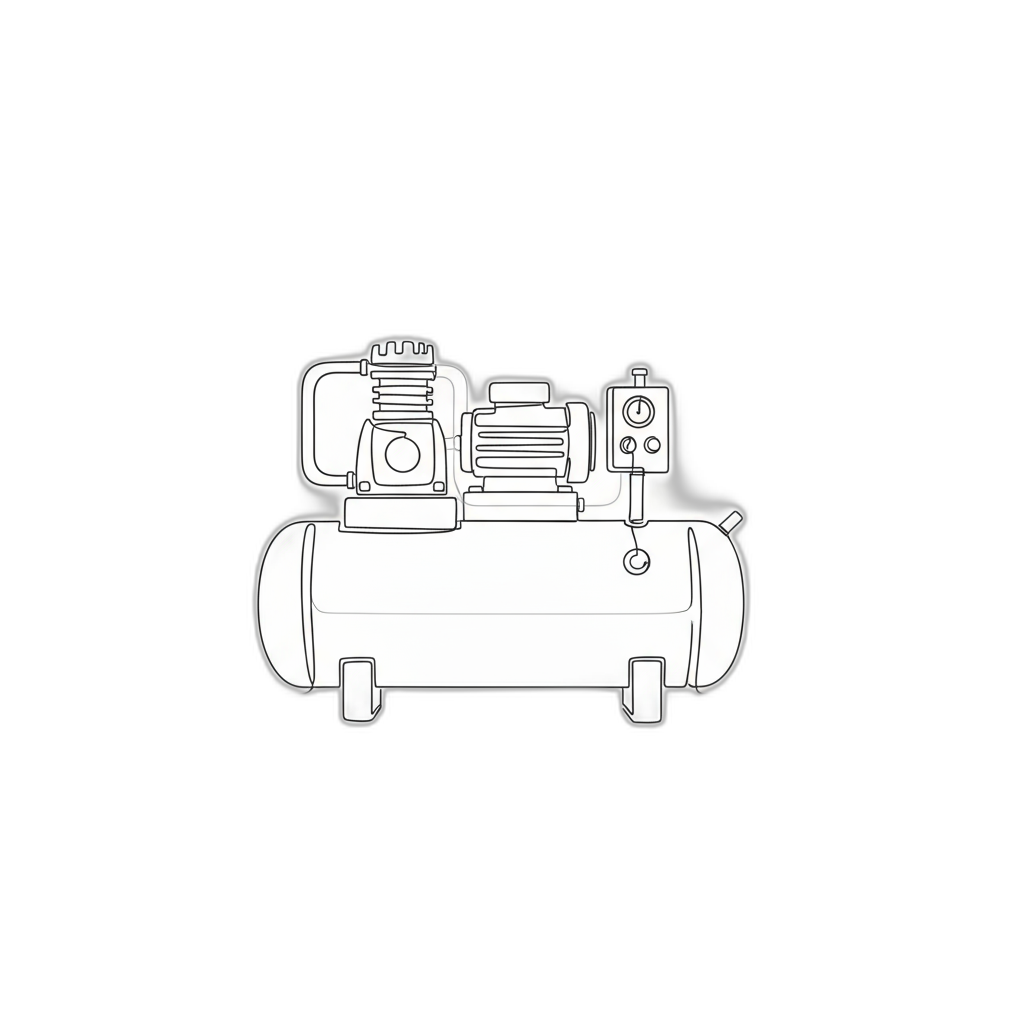
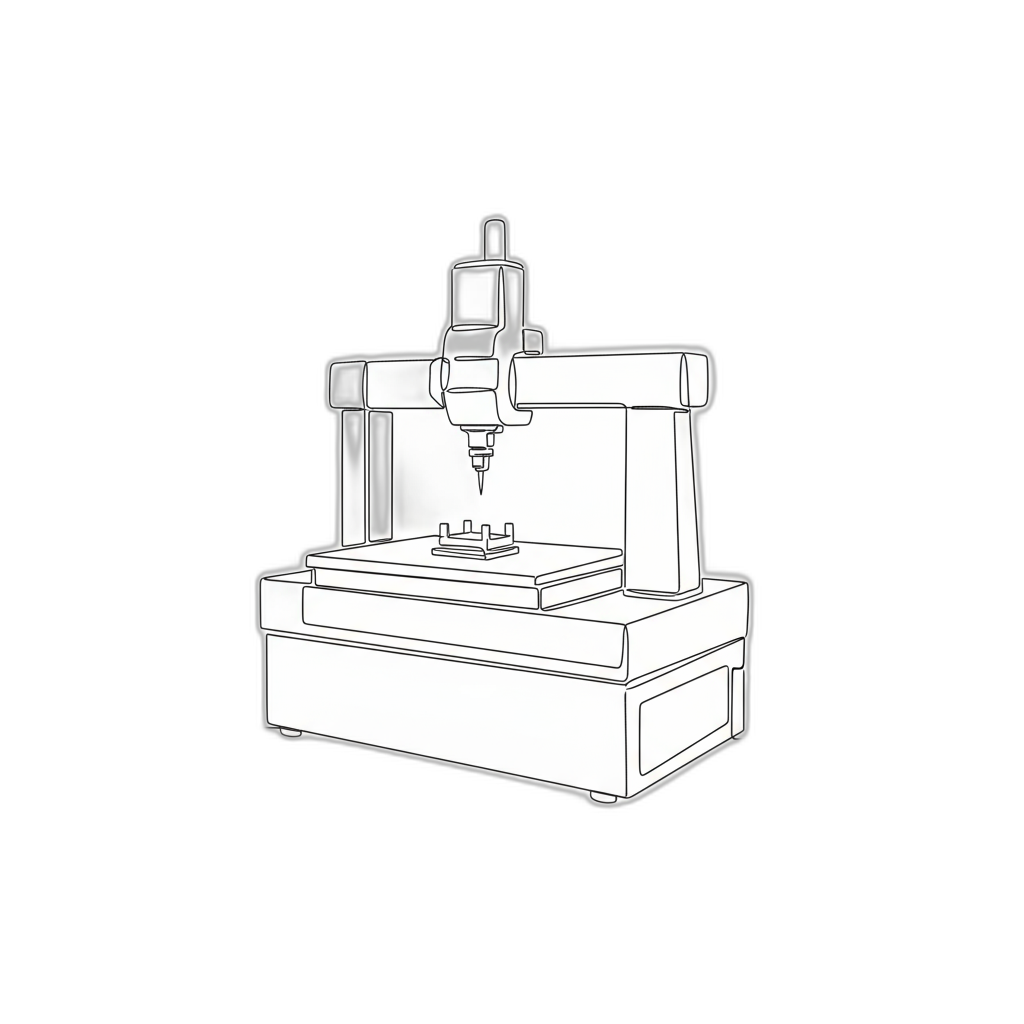
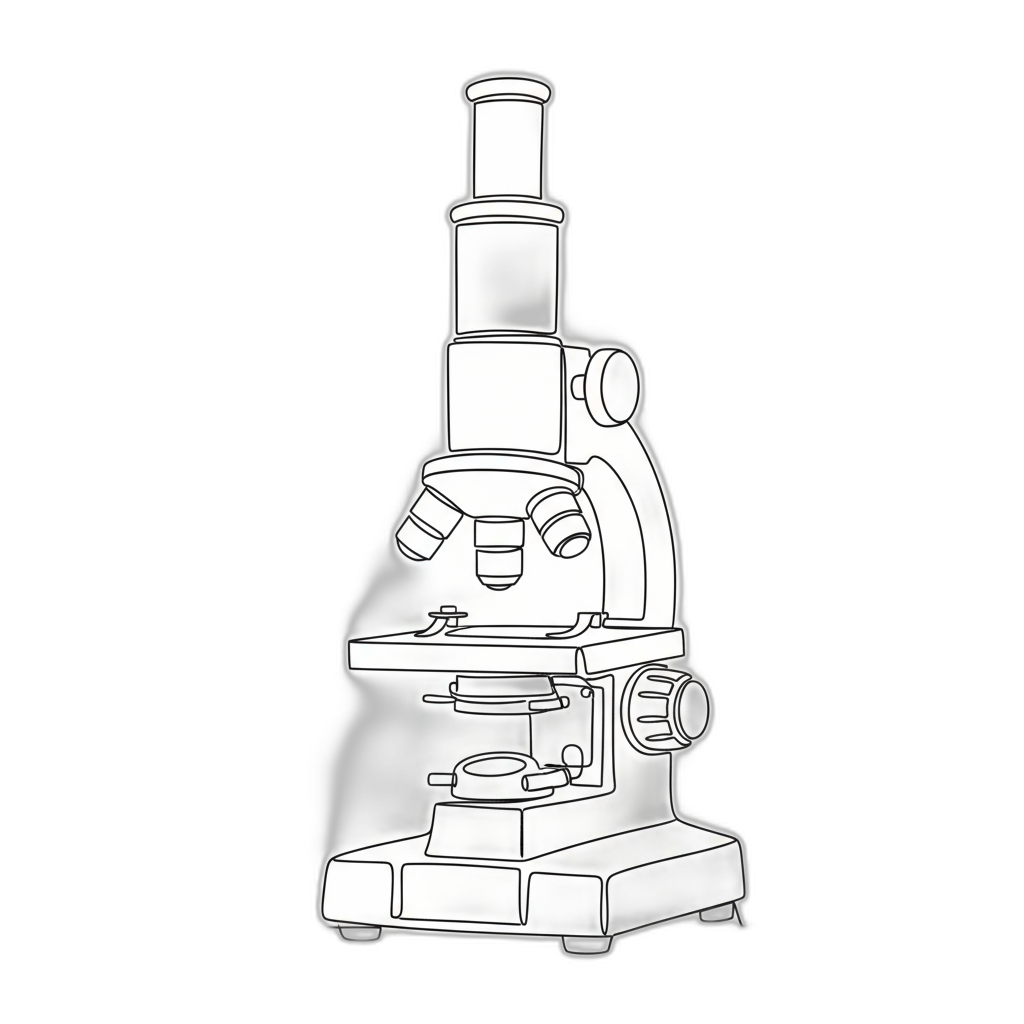
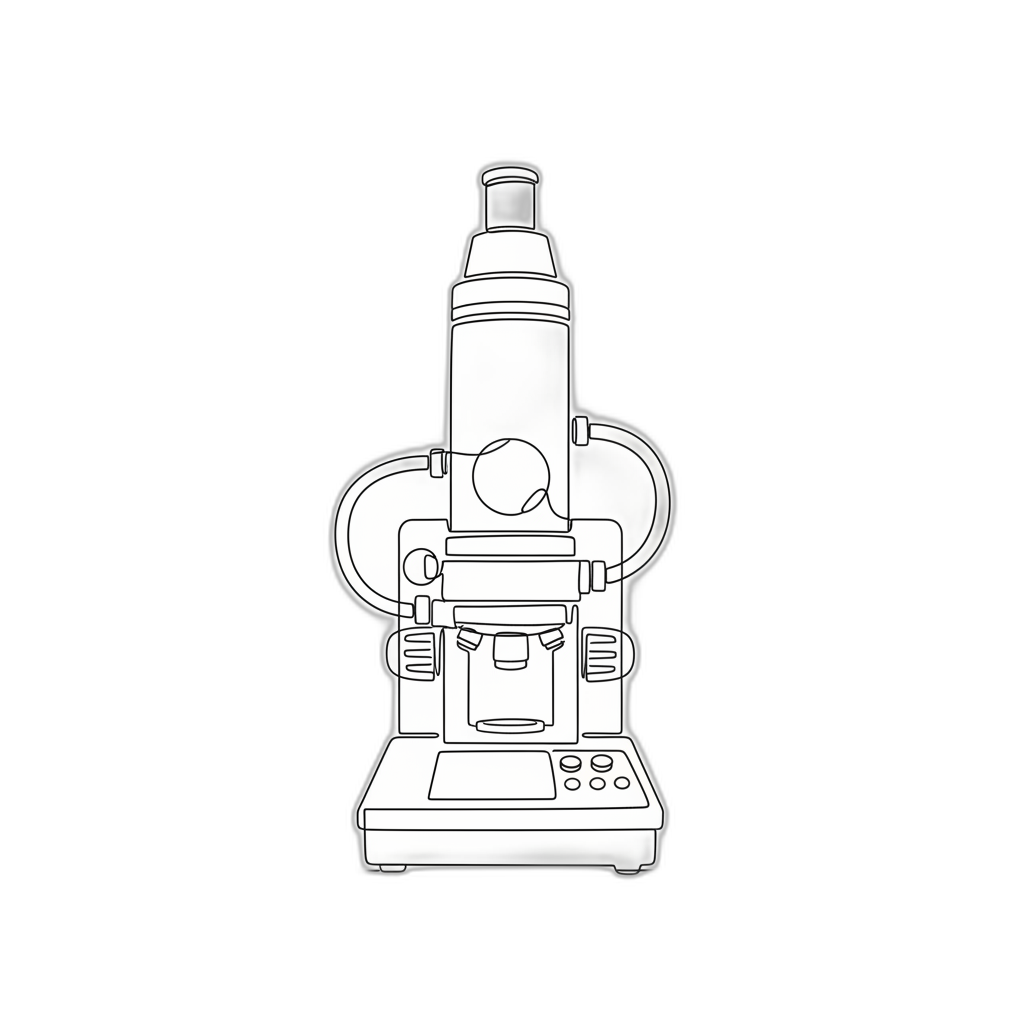
.svg)









